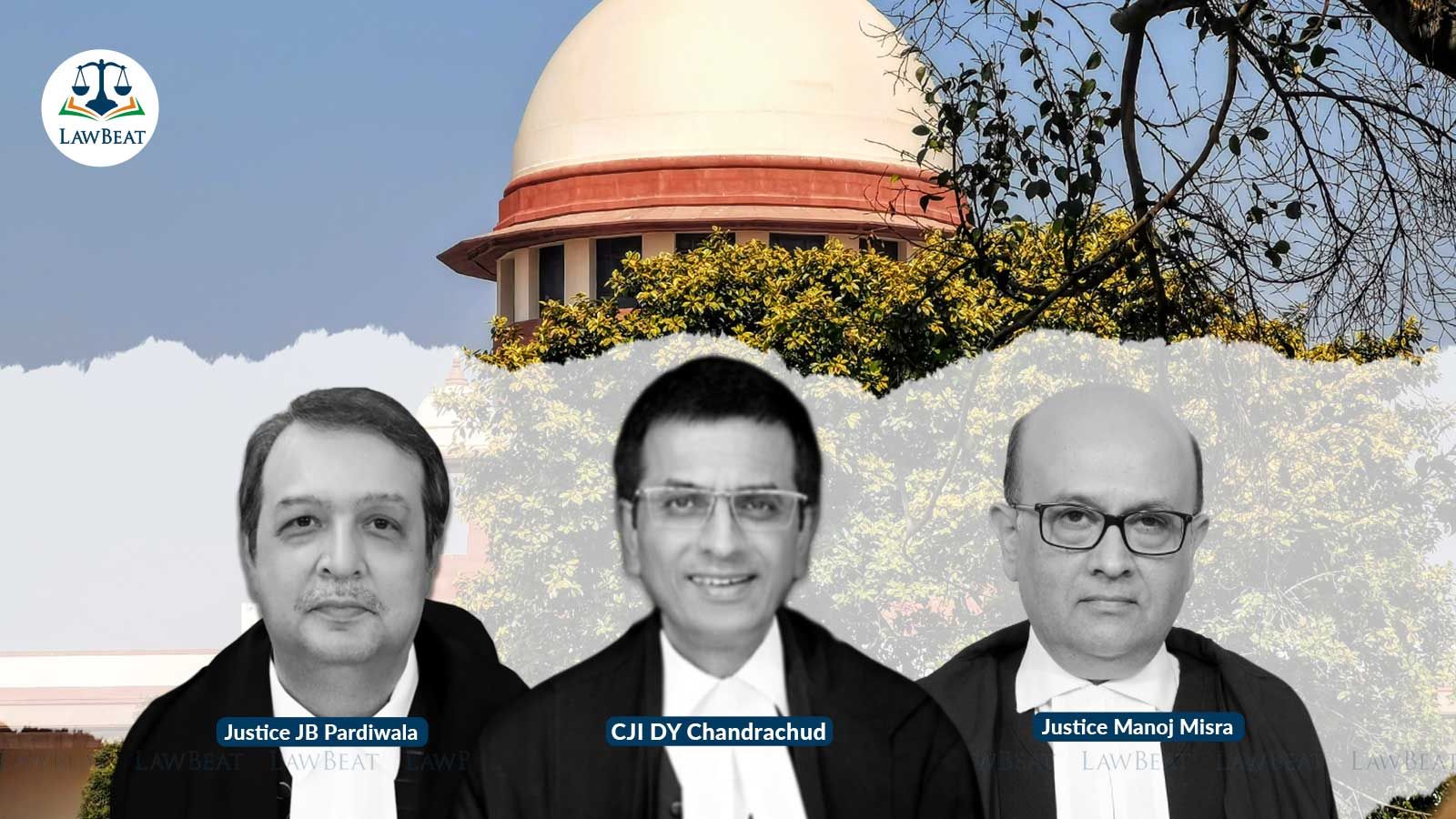Pre-trial injunction against publishing an article to have severe ramifications on freedom of speech: Supreme Court

Granting interim injunctions, before the trial commences, in a cavalier manner results in the stifling of public debate, court has said
The Supreme Court has said an injunction, particularly ex-parte, should not be granted without establishing that the content sought to be restricted is ‘malicious’ or ‘palpably false’, as the grant of a pre-trial injunction against the publication of an article may have severe ramifications on the right to freedom of speech of the author and the public’s right to know.
"Granting interim injunctions, before the trial commences, in a cavalier manner results in the stifling of public debate. In other words, courts should not grant ex-parte injunctions except in exceptional cases where the defence advanced by the respondent would undoubtedly fail at trial. In all other cases, injunctions against the publication of material should be granted only after a full fledged trial is conducted or in exceptional cases, after the respondent is given a chance to make their submissions," a bench headed by Chief Justice of India D Y Chandrachud said.
The bench, also comprising Justices J B Pardiwala and Manoj Misra, also said grant of an interim injunction, before the trial commences, often acts as a ‘death sentence’ to the material sought to be published, well before the allegations have been proven.
"While granting ad-interim injunctions in defamation suits, the potential of using prolonged litigation to prevent free speech and public participation must also be kept in mind by courts," the bench said.
The court was dealing with a petition filed by Bloomberg Television Production Services India Private Limited and others against Zee Entertainment Enterprises Limited.
The appellant was aggrieved with the Delhi High Court's order of March 14, 2024 which upheld the trial court's order directing it to take down an article posted online on February 21, 2024 within a week.
In the case, the bench noted merely recording that a prima facie case exists, that the balance of convenience is in favour of the grant of injunction and that an irreparable injury would be caused, would not amount to an application of mind to the facts of the case.
The three-fold test (i) a prima facie case, (ii) balance of convenience and (iii) irreparable loss or harm, for the grant of interim relief, is well-established in the jurisprudence of this Court. This test is equally applicable to the grant of interim injunctions in defamation suit, which cannot merely be recorded as a mantra without looking into the facts on the basis of which an injunction has been sought, the bench pointed out.
"The order of the trial judge does not discuss, even cursorily, the prima facie strength of the plaintiff’s case, nor does it deal with the balance of convenience or the irreparable hardship that is caused. The trial Judge needed to have analysed why such an ex parte injunction was essential, after setting out the factual basis and the contentions of the respondent made before the trial judge," the bench said.
Likewise, the court said, the High Court ought to have also at least prima facie assessed whether the test for the grant of an injunction was duly established after an evaluation of facts. "The same error which has been committed by the trial judge has been perpetuated by the Single Judge of the High Court. Merely recording that a prima facie case exists, that the balance of convenience is in favour of the grant of injunction and that an irreparable injury would be caused, would not amount to an application of mind to the facts of the case," the bench said.
The court emphasised that in suits concerning defamation by media platforms and/or journalists, an additional consideration of balancing the fundamental right to free speech with the right to reputation and privacy must be borne in mind. The constitutional mandate of protecting journalistic expression cannot be understated, and courts must tread cautiously while granting pre-trial interim injunctions.
In its order, the bench highlighted the need for the courts to be cognisant of the realities of prolonged trials. Increasingly, across various jurisdictions, the concept of ‘Strategic Litigation against Public Participation’ ’ has been recognised either by statute or by courts. The term ‘SLAPP’ is an umbrella term used to refer to litigation predominantly initiated by entities that wield immense economic power against members of the media or civil society, to prevent the public from knowing about or participating in important affairs in the public interest, the court said.
In the case, the bench allowed the respondents to renew their plea for interim injunction and ordered the trial court to pass a fresh order after hearing the parties and bearing in mind the observations made by it.
